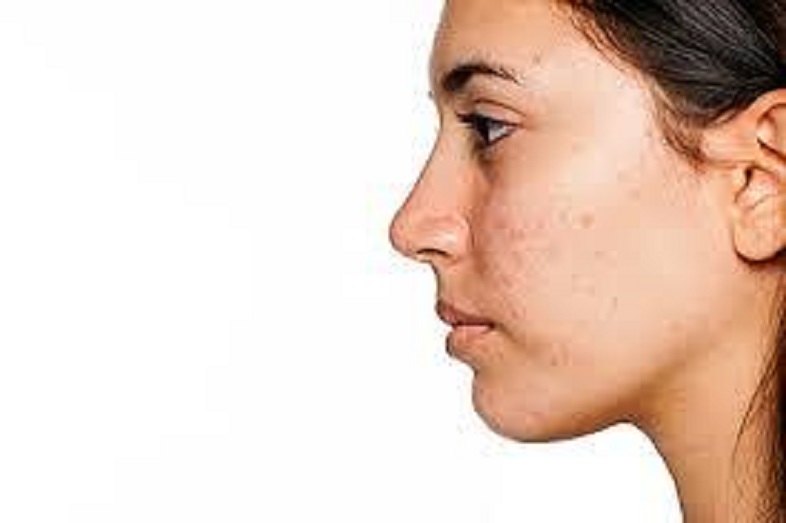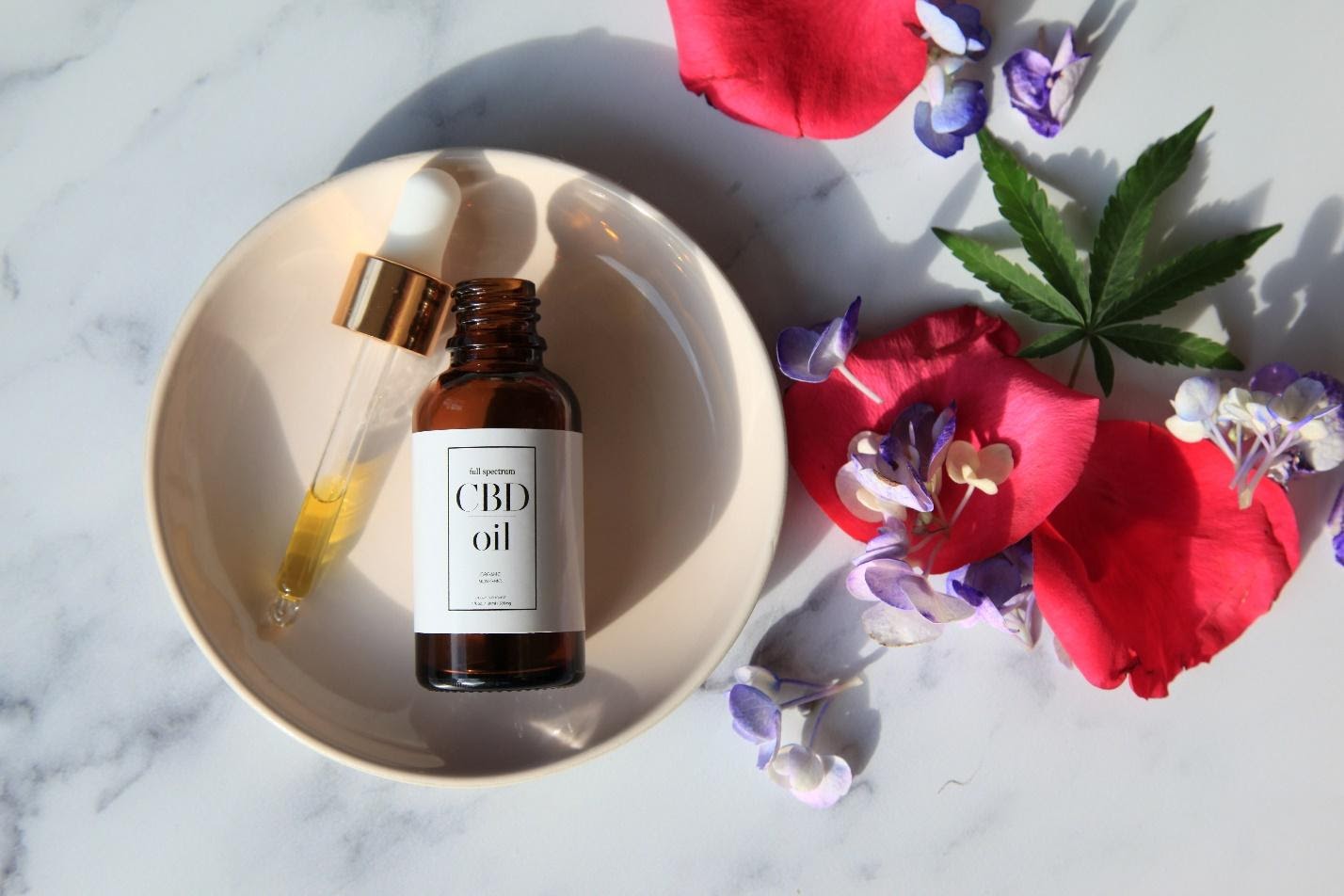The world of oral care is steeped in mystery, with so many myths and stories abounding that it can be difficult to separate fact from fiction. This is complicated yet further by clever advertising programs, designed to sell you on a specific product or way of looking after your smile.
Possibly one of the most common areas of misunderstanding relates to mouth wash; both the best types to use, and how to get the greatest benefits possible from your use of mouthwash. In this article, therefore, we will try to separate fact from fiction, to reveal some of the most common mistakes that people make when using mouthwash.
Using Mouthwash as an Alternative to Proper Oral Care
Mouthwash is seen by many people as a magical solution to bad breath. While it is true that some mouth washes can be thoroughly effective at keeping your breath fresh for long periods of time, this is not the whole story.
A range of factors can lead to bad breath, including not just what we have eaten recently, but also dental issues such as cavities and tartar. For this reason, it is important that mouthwash is only used to support an effective oral care routine, rather than to replace it.
To begin with, brushing your teeth, flossing and scraping the tongue should be seen as just as important as using mouthwash. Rinsing with a minty mouthwash should never be used as an alternative, but instead an addition.
Furthermore, regular dental visits should also factor into an effective oral care routine. In such a way, your dentist will be able to monitor the condition of your teeth, and quickly resolve any outstanding issues which could be contributing to bad breath.
In this way you’ll be certain to treat the cause, as much as the symptoms, and your use of mouthwash will simply help to maintain this fresh breath, rather than masking a more serious problem.
Using Alcohol-Containing Mouthwash
Not all mouthwashes are created equal. A range of different ingredients are used by manufacturers, and just because a brand is well-known and comes in colourful packaging doesn’t necessarily make it the best solution.
Studies have shown, for example, that alcohol-containing mouthwashes can have a very short-term impact on your breath. In such cases the alcohol can dry out the palette, actually contributing to bad breath, while the minty flavour only serves to mask the issue.
On the other hand, a small number of mouth washes actually contain proven anti-bacterial agents, which fight the odour-causing bacteria at their source. Such mouthwashes often do not come with the traditional minty flavouring, simply because it isn’t needed. A handful even offer both flavoured and unflavoured versions so consumers can pick and choose the best solution for their needs.
Ignoring Chlorine Dioxide
The various ingredients which manufacturers use to fight bacteria can vary significantly in both their effectiveness and the manner of their action. A number of studies have found that chlorine dioxide is one of the most effective ingredients of all for “reducing plaque, tongue coating accumulation and counts of bacteria in the saliva”.
Perhaps even more interestingly, the scientists found that repeated use over a week-long period continued to improve breath freshness over time. Which leads us neatly onto the next point…
Not Using Mouthwash Frequently-Enough
Even the most effective mouthwashes tend to offer effective protection for roughly 12 hours at a time. The less-effective rinses may only protect your breath for a few hours at a time.
For some people, mouthwash is an occasional luxury, after a night of drinking or consuming spicy foods which may affect the breath.
However, as ascertained, bad breath is not always directly related to oral care issues; it has been estimated that up to half the adult population may suffer from bad breath on occasion. Very few of us can actually tell whether or not we have bad breath, and very few people will tell you that there is a problem.
For round-the-clock confidence and protection it therefore makes sense to use mouthwash twice daily at a minimum, once on getting up in the morning and secondly before bed. In such a way you can be sure of dentist-safe fresh breath all day long.
Rinsing After Use
Effective mouthwashes use a range of substances which offer long-term protection. One such example is that many rinses are deliberately high in fluoride in order to protect and strengthen your teeth.
Rinsing your mouth with water straight after use therefore risks eliminating much of the benefit.
For best results, try not to rinse with water, but simply gargle your mouthwash (to ensure it comes into contact with the back of the tongue) and then spit it out. Brushing after using mouthwash can have a positive impact, as mouthwash may loosen plaque, which is then removed with vigorous brushing.
All the same, end your oral care routine without rinsing so that the active ingredients in both your toothpaste and mouthwash remain in your mouth, giving their full level of protection.

Herry a man of many talents and interests. He has been writing on health for years and his blog covers everything from diet to natural remedies, fitness, and more. He loves learning about new things like supplements like turmeric, probiotics, green tea extract, protein powders etc., because he wants to give his readers the latest information they need in order to make healthy decisions for themselves or their loved ones.












